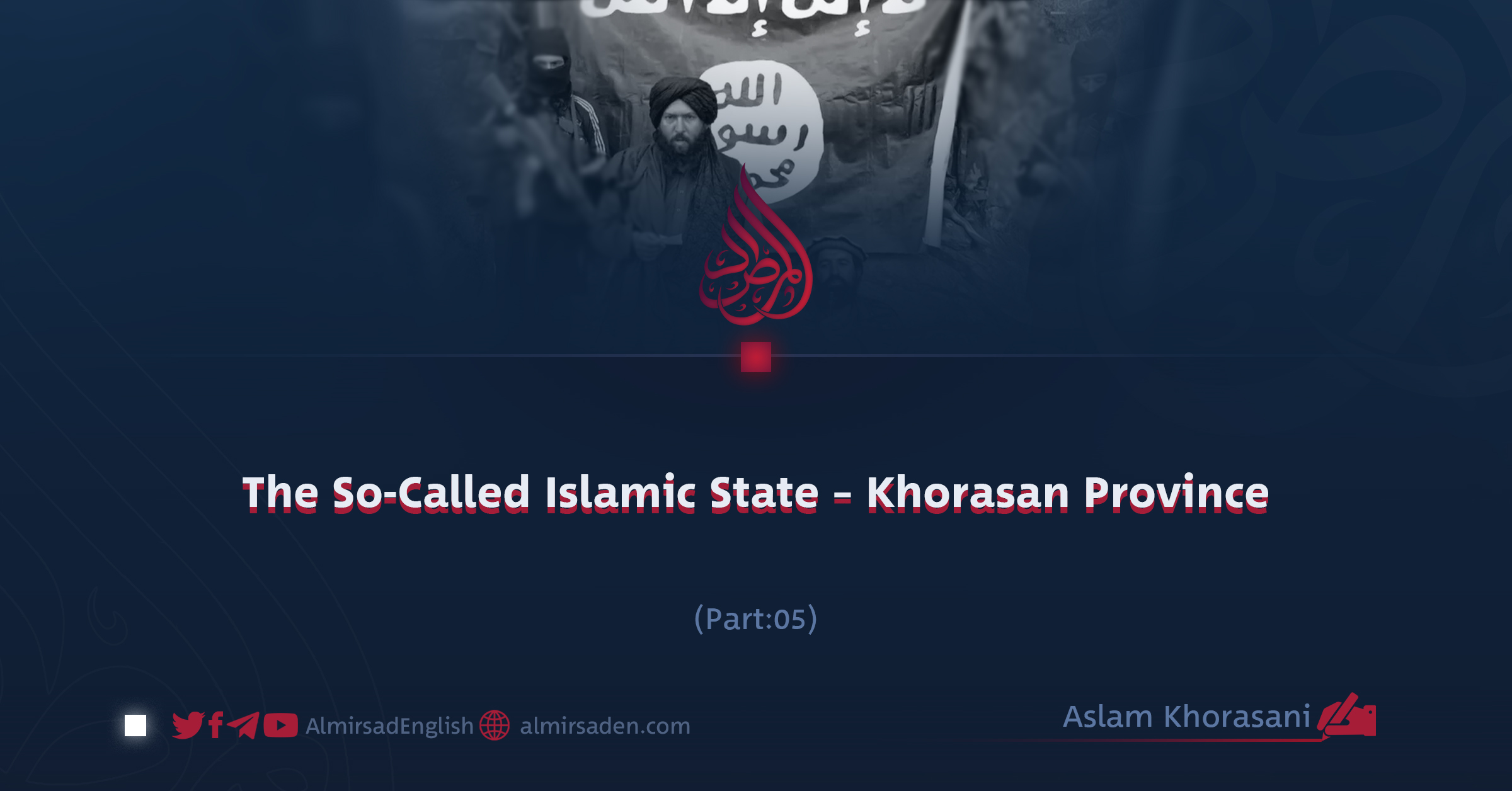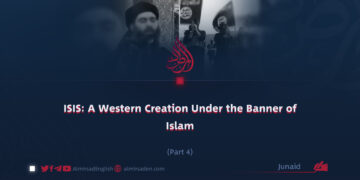Part 5
Author: Aslam Khorasani
In its bid to establish a foothold in the region—particularly in Afghanistan—recruit followers, and expand its sinister influence, ISIS has employed a series of deceptive tactics designed to manipulate, entrap, and exploit vulnerable populations.
We live in an age marked by deception and tribulation, a world where countless forms of manipulation have left individuals weary and societies fragmented. Afghanistan and its people are no exception. At times, they too have fallen prey to these devilish ploys, temporarily misled by schemes shrouded in false promises and ideological pretenses.
ISIS’s Tactics in Afghanistan:
1. Temptation (Luring with False Promises)
Among the most prominent tactics ISIS has used in Afghanistan is the strategy of temptation—raising false hopes and luring individuals with promises of wealth, status, and power.
In order to attract people to their hollow and soulless ideology, ISIS resorted to material enticements. This approach mirrors the broader historical strategy of global imperial powers, who have long used similar tactics under the guise of colonialism to manipulate and subjugate nations in the so-called Third World.
Given the perception of Afghanistan as an economically struggling nation, they exploited this vulnerability by injecting the promise of financial gain and offering temporary positions of authority. Their goal was to ensnare the desperate and the disillusioned into their ideological web.
However, it must be firmly acknowledged that despite enduring decades of poverty and hardship, the Afghan people have remained resilient. The vast majority have not succumbed to such temptations. While history bears witness to a small minority of puppets who, aligned with foreign agendas, ascended to power and adopted the plans of external actors, they never represented the Afghan nation as a whole.
In areas briefly infiltrated by ISIS, the group attempted to deceive the local population through grand promises. Yet, thanks to the presence of righteous scholars and aware intellectuals, the truth was swiftly exposed. Within days, many who had been misled came to their senses, escaped the snare of deception, and—standing shoulder to shoulder with sincere scholars—repelled ISIS, disgracing them in the process.
2. Infantilization (Treating People as Fools)
From its inception, ISIS has operated under a mentality of domination and subjugation. Rooted in arrogance and ignorance, they have often employed the tactic of infantilization—treating people as intellectually inferior in an attempt to erode their beliefs and claim ideological and physical control over their land.
Across the globe, in places where knowledge and religiosity have diminished, this tactic has found fertile ground. Many such nations have surrendered their independence and cultural identity to external forces through this very scheme. Yet, in Afghanistan, ISIS-K’s condescending tactics have consistently failed.
Movements lacking intellectual depth and spiritual clarity—often themselves caught in the webs of corrupt ideologies—seek to extend their deception to others. However, they overlook a critical truth: Afghanistan is a land of scholars, devout leaders, and an awakened public. Its people have never been left defenseless in the face of enemy plots. This steadfast commitment to faith and intellectual vigilance is the secret to their continued success and enduring freedom.
Conclusion
The brief discussions in this section lead to a clear conclusion: Afghanistan is unconquerable, and its people will never submit to servitude in any form.
As long as the Afghan people remain firmly connected to their religious beliefs and spiritual heritage, they will continue to stand undefeated. Their enemies—no matter how cunning—will ultimately face humiliation and failure in the face of such unwavering resolve.


















































